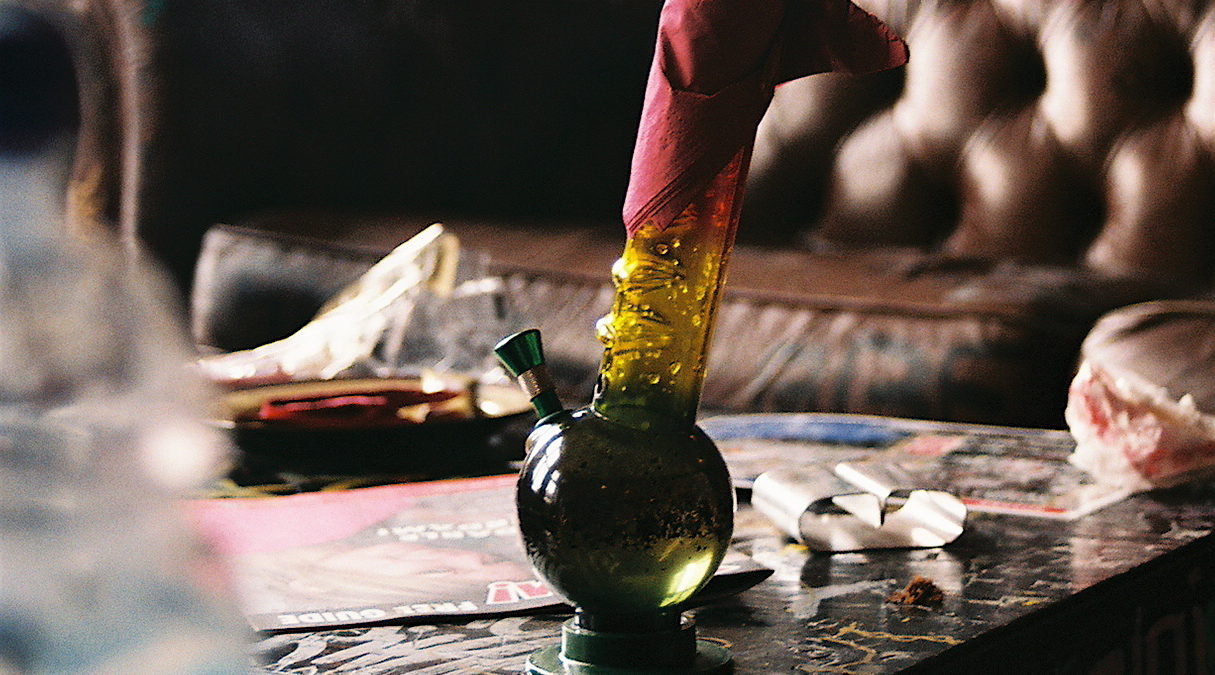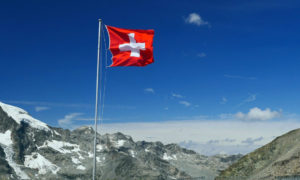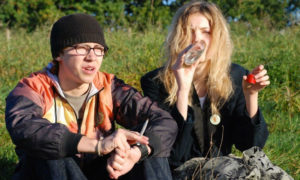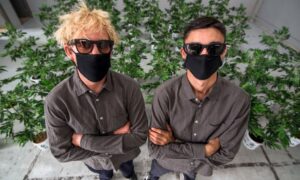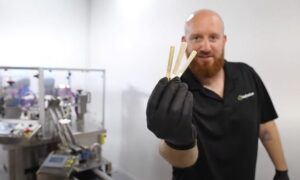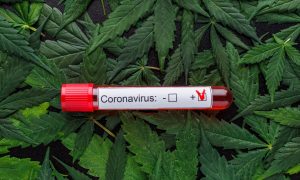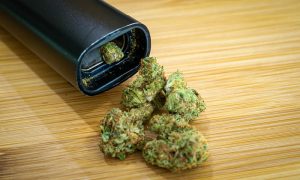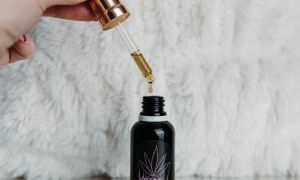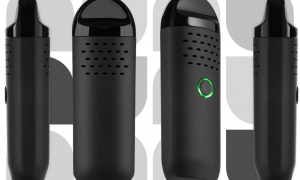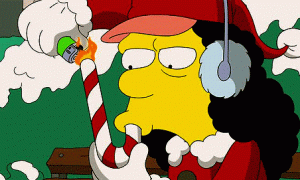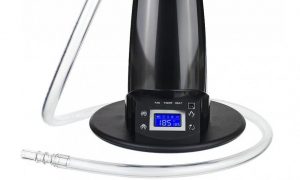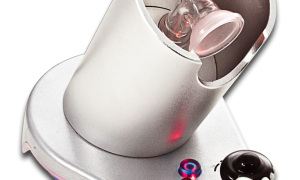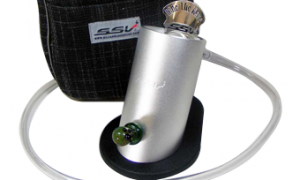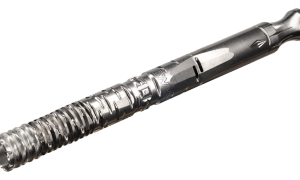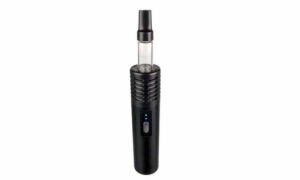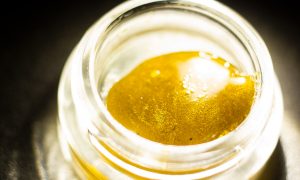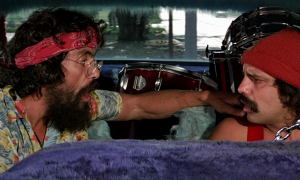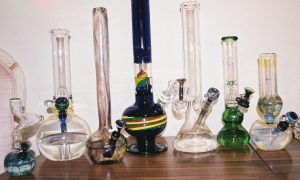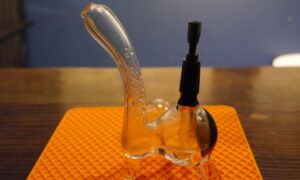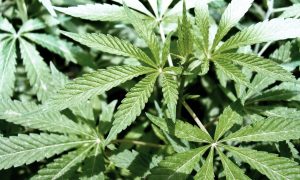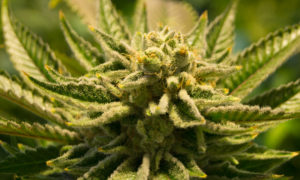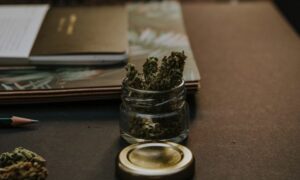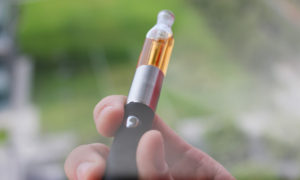Amsterdam is known for many things: canals, bikes, waffles, Dutch people, progressive liberal politics about sex and drugs, and of course, the famous dutch coffee shops. If you’ve been fortunate enough to visit Amsterdam, you’ve probably gone and checked a few out.
Amsterdam is a beautiful city in its own right, but these little havens of hash are what make it such a fun and unique tourist destination for weed enthusiasts. Although the novelty of buying weed legally is wearing off as more and more countries lift their prohibition, few places would be able to match the atmospheric appeal of Amsterdam’s coffee shops.
Scattered throughout the city, from the heart to the suburbs, these funky little stores offer a place to purchase and smoke a wide range of different kinds of weed and hash. You get to buy great weed, but you also have a safe, sociable and relaxing place to smoke it.
Amsterdam hasn’t always had its coffee shops, so how did they come to be a thing?
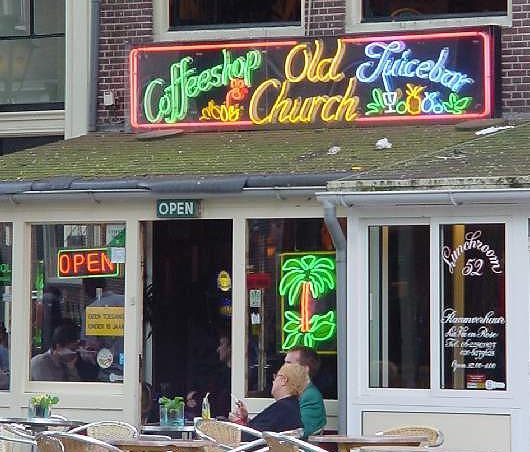
A coffee shop in Amsterdamn c Patrick Verdier
It all started in the early ’70s with an extended group of Dutch cannabis enthusiasts, united by their mutual appreciation for getting high. The first coffee shop – a former bakery – was opened in 1972 by a dude name Wernard Bruinin on the Weesperzijde. He named the store Mellow Yellow and, though it wasn’t the only place where you could buy weed and hash, it quickly became the most influential and accepted by authorities. There were other places that people would congregate to buy and sell weed, but the dealers there also sold hard drugs.

Yellow Mellow c Mellow Yellow
Opening the store was a gamble at the time, as cannabis was still illegal. But the authorities essentially turned a blind eye in an attempt to show leniency towards soft drugs. The logic was that other drugs like heroin and cocaine were far more dangerous than soft drugs like weed and hash, and this could keep people from slipping down those rabbit holes.
Soon enough, another entrepreneur jumped on the bandwagon. In 1975 Henk de Vries founded The Bulldog (still operating today) in a former sex house in the red light district. The Bulldog was a step towards a more commercial coffee shop culture. Where Mellow Tellow appealed to the the old guard, The Bulldog was aimed at the man on the street as well. The Bulldog was also a success.

The first Bulldog coffee shop c The Bulldog
While things were already under way, they officially changed in 1976 with amendments to The Opium Law established in 1918 to deal with the opium trade. The amendments created a legal distinction between ‘soft’ and ‘hard’ drugs as a way to deal with a rising heroin problem in the Netherlands. The logic that informed the initial tolerance had now become legislation. It was this act that allowed the coffee shop industry to grow to what it is today, a vibrant thriving community that attracts people from all around the world.

